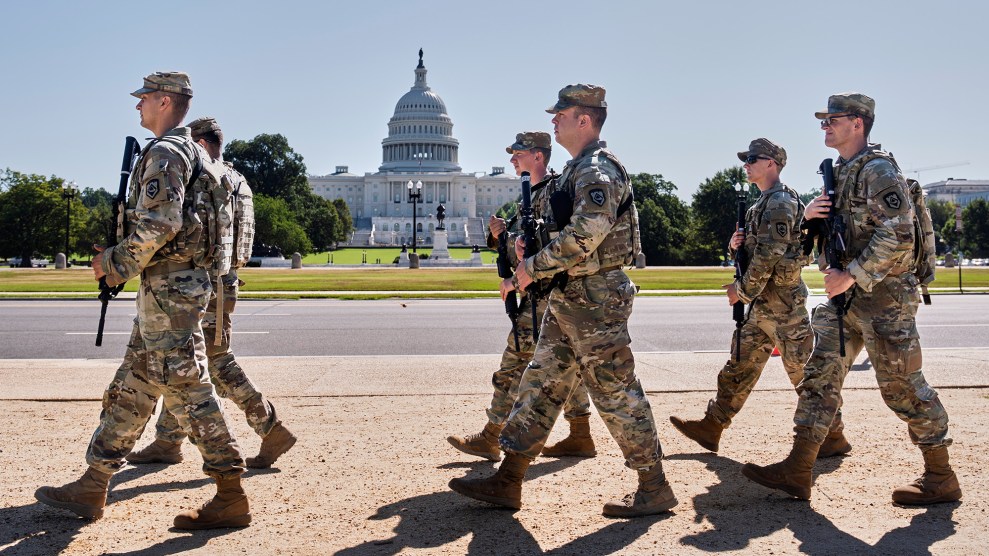
Photo: Wikimedia Commons
Sens. Barbara Boxer (D-Calif.) and John Kerry (D-Mass.) are expected to unveil the draft of their climate bill on Wednesday, but other legislators are already lining up to talk about what they’d like to see changed in the bill. It’s already looking like there will need to be substantial revisions on the manufacturing and trade side if they’re hoping to break the deadlock in the Senate.
E&E reports that the bill is not expected to include the language in the House bill that focuses on how to protect trade-exposed and energy-intensive industries like cement, steel, refining, paper, and glass. These provisions are seen as key to getting the votes of many Midwestern, industrial-state Democrats.
“It’s going to need a lot of work,” Sen. Sherrod Brown (D-Ohio), told E&E. “My understanding is they did not include the House language on manufacturing … But I’ve been talking to them about it. They are very open to it. They are in no way dismissive.”
Brown is seen as a leader in the Senate on these issues, and perhaps a bellwether for how a vote on a climate bill might turn out. He’s a progressive Democrat from a manufacturing and coal-dependent state, who in June 2008 voted against the Lieberman-Warner Climate Security Act. After that vote, he vowed his support for climate action—but only if a proposal insulated states like Ohio.
Brown said in a recent interview that he “probably wouldn’t” have voted to pass the House bill, but also that it is “a place to start working.” He’s been working to get language included in a bill that would provide retooling loans for manufacturers, and has been supportive of increased funding for energy technologies.
But the biggest sticking point may be the bill’s trade provisions, for Brown and other Midwestern Dems. A group of ten senators sent a letter to Obama last month stressing that they will not support a climate and energy bill that they believe puts American businesses on an uneven playing field internationally. Senators from Michigan (Debbie Stabenow and Carl Levin), Pennsylvania (Robert Casey and Arlen Specter) West Virginia (Robert Byrd and Jay Rockefeller), Indiana (Evan Bayh), Wisconsin (Russell Feingold) and Minnesota (Al Franken) also signed the letter. Limits on domestic emissions will increase the costs of energy-intensive industries and will push jobs in those industries to countries that do not have such limits, they wrote, and a climate bill should “include provisions to maintain a level playing field for American manufacturing,” they wrote.
One of the biggest challenges on this matter may well be the White House, which balked at some of the trade-protection elements included in the House bill. Waxman-Markey would give the president the power to attach special levies on goods from countries that are not abiding by an international agreement. Obama criticized this border adjustment provision as being too “protectionist.”
Brown, meanwhile, says he can’t vote for a bill that doesn’t include a border adjustment. “Border equalization has to be in there,” he said. “If it isn’t I certainly can’t vote for that.”
Hoping to head off disputes on this subject, Brown, Bayh, Specter, Stabenow, and Claire McCaskill (D-Mo.) sent a letter to White House Office of Energy and Climate Change Policy director Carol Browner recently asking for her help in analyzing how to best protect domestic industries. In the letter, they ask her office to provide guidance on which industrial sectors should be eligible for free allocation of pollution permits in a climate bill, as well as assessments of potential competitiveness concerns and analysis of other measures that may be beneficial to those industries.
What, if anything, the Boxer-Kerry bill has to say on the subject of trade-exposed, energy-intensive industries will be one of the developments to watch this week. It’s shaping up to be an issue that will determine whether a bill gets the support it needs to move forward.















